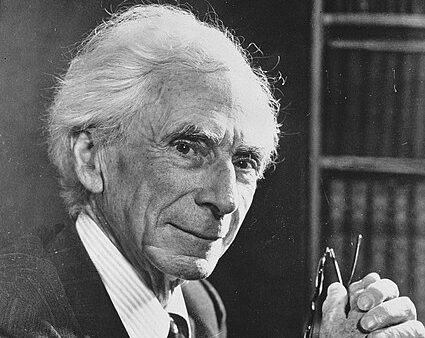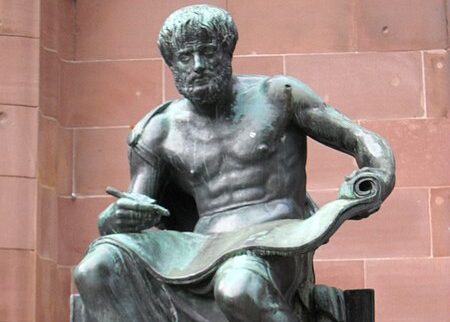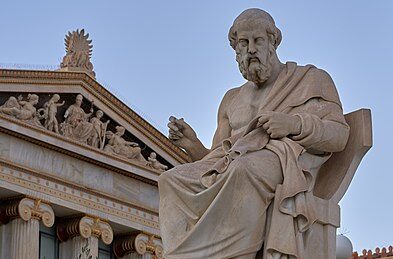Karl Marx, the German philosopher, economist, and political theorist, is undeniably one of the most influential figures in modern history. His ideas and theories on socialism and communism have shaped political and economic thought, leaving a profound impact on the world. However, with such influence comes controversies and debates.
The Communist Manifesto: Marx’s co-authored work, “The Communist Manifesto,” published in 1848, called for the overthrow of the capitalist system and the establishment of a communist society. While some praised its vision for a classless society, critics condemned it for advocating the abolition of private property and individual rights.
Class Struggle and Revolution: Marx’s theory of class struggle and the inevitability of revolution sparked polarizing views. Proponents saw it as a necessary step towards a more equitable society, while critics feared violent upheavals and social instability.
The Labor Theory of Value: Marx’s labor theory of value posited that a commodity’s value is determined by the socially necessary labor time to produce it. Critics argued that it oversimplified economic dynamics and neglected other factors shaping value.
Economic Determinism: Marx’s theory of historical materialism, which holds that economic structures drive societal development, received criticism for its deterministic nature. Opponents claimed it disregarded individual agency and cultural influences on history.
Critique of Capitalism: Marx’s scathing critique of capitalism’s exploitative nature garnered both support and opposition. While many admired his analysis, critics contended that it overlooked capitalism’s capacity for innovation and growth.
Authoritarian Interpretations of Marxism: Critics highlighted that some interpretations of Marxism justified authoritarian regimes, such as in the Soviet Union and China. These interpretations were accused of leading to repression and human rights abuses.
Legacy of Violence: Marx’s ideas have been associated with revolutionary movements that led to violent uprisings and conflicts. Critics argued that Marx’s notion of a “dictatorship of the proletariat” justified oppressive regimes suppressing individual freedoms.
Expropriation of Property: Marx’s advocacy for the expropriation of private property sparked controversy. Detractors claimed such policies stifled entrepreneurship and innovation, potentially leading to economic stagnation.
Influence on Academia: Marx’s profound influence on academia has generated both celebration and criticism. While some praised his ideas for fostering critical analysis, opponents argued that his dominance led to ideological biases and the suppression of alternative perspectives.
Impact on Global Politics: Marx’s theories influenced various revolutionary movements and political parties worldwide. Critics raised concerns that these movements might result in economic mismanagement and social unrest.
Karl Marx’s ideas have remained at the center of intense debates and controversies for over a century. The complexities of his impact on history and thought require a nuanced examination, acknowledging the diverse perspectives his theories have generated. While his ideas have shaped political and social movements and continue to inspire change, they have also faced critiques for their potential shortcomings and unintended consequences. Understanding Marx’s legacy necessitates a balanced assessment of his writings, their interpretations, and their real-world implications. As history unfolds, Karl Marx’s influence on the world remains a topic of ongoing examination and discussion




